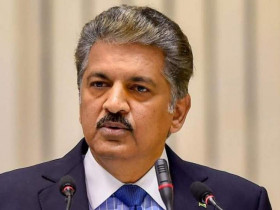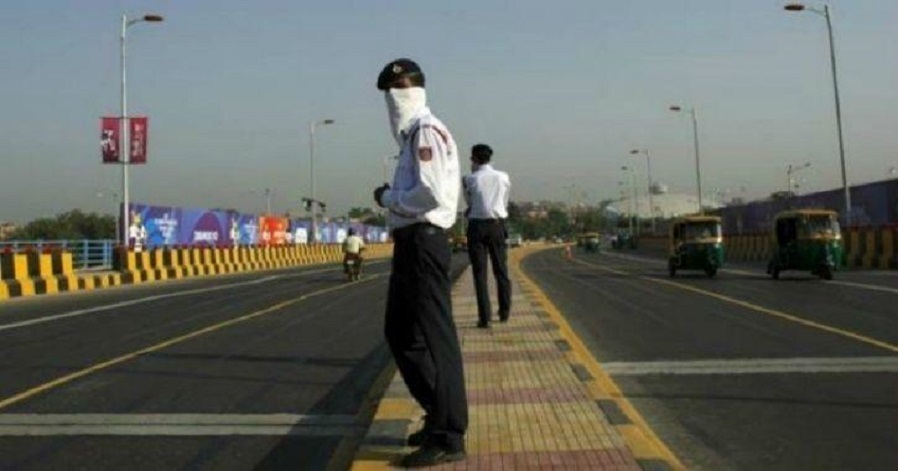The novel coronavirus outbreak has now claimed the lives of over 5,000 people and infected more than 1.6 lakh people globally. The coronavirus outbreak has also spoiled the international calendar of various sporting events all across the world. The fast-spreading disease has even put the upcoming Tokyo Olympics 2020 under huge doubt.
India has recorded its first death owing to coronavirus, the officials confirmed the news. The 76-year-old man from the southern state of Karnataka who had returned from Saudi Arabia on 29th of February after a month-long visit passed away linked to the novel coronavirus outbreak.
So far, there have been more than 80 confirmed cases of the virus in India as per the health ministry.
As the world continues to fight the growing number of coronavirus-positive cases, scientists are also trying their best to find a complete cure to combat the fast-spreading disease.
In an attempt to find a cure for the COVID-19, there is a team of Canadian researchers, including an Indian-origin man who have said they have isolated the virus behind the global pandemic.
As per news agency ANI, isolation of the virus by an active team of researchers from Toronto’s Sunnybrook Hospital, the University of Toronto and McMaster University in Waterloo increase hopes for a cure for COVID-19.
The researchers, including Indian-origin postdoctoral student identified as Arinjay Banerjee, worked on samples taken from two patients. In a secure facility, they had managed to isolate and propagate the coronavirus and thus creating a source of COVID-19 for study as to how the virus behaves.
The isolation of the virus will assist them to work on solutions to the pandemic, the researchers added in a statement.
Arinjay Banerjee, who is a postdoctoral researcher at McMaster University’s Institute for Infectious Disease Research and specialises in coronaviruses and in bats, said, “Now that we have isolated the SARS-CoV-2 virus, we can share this with other researchers and continue this teamwork. The more viruses that are made available in this way, the more we can learn, collaborate and share.”
Emphasizing the significance of their work, Banerjee added: “You can’t validate anything without a virus.”
Extremly happy about his contribution to the pathbreaking research, Arinjay Banerjee said he always told his friends, “When I grow up, I want to be a guy who gets called in if there’s an outbreak.”
He further added, “What’s happening with the outbreak is sad, but I’m glad I can contribute to the process of understanding this and controlling this outbreak.”
Showering praises on his co-researchers, Toronto University microbiologist Rob Kozak, said, “Researchers from these world-class institutions came together in a grassroots way to successfully isolate the virus in just a few short weeks.”












